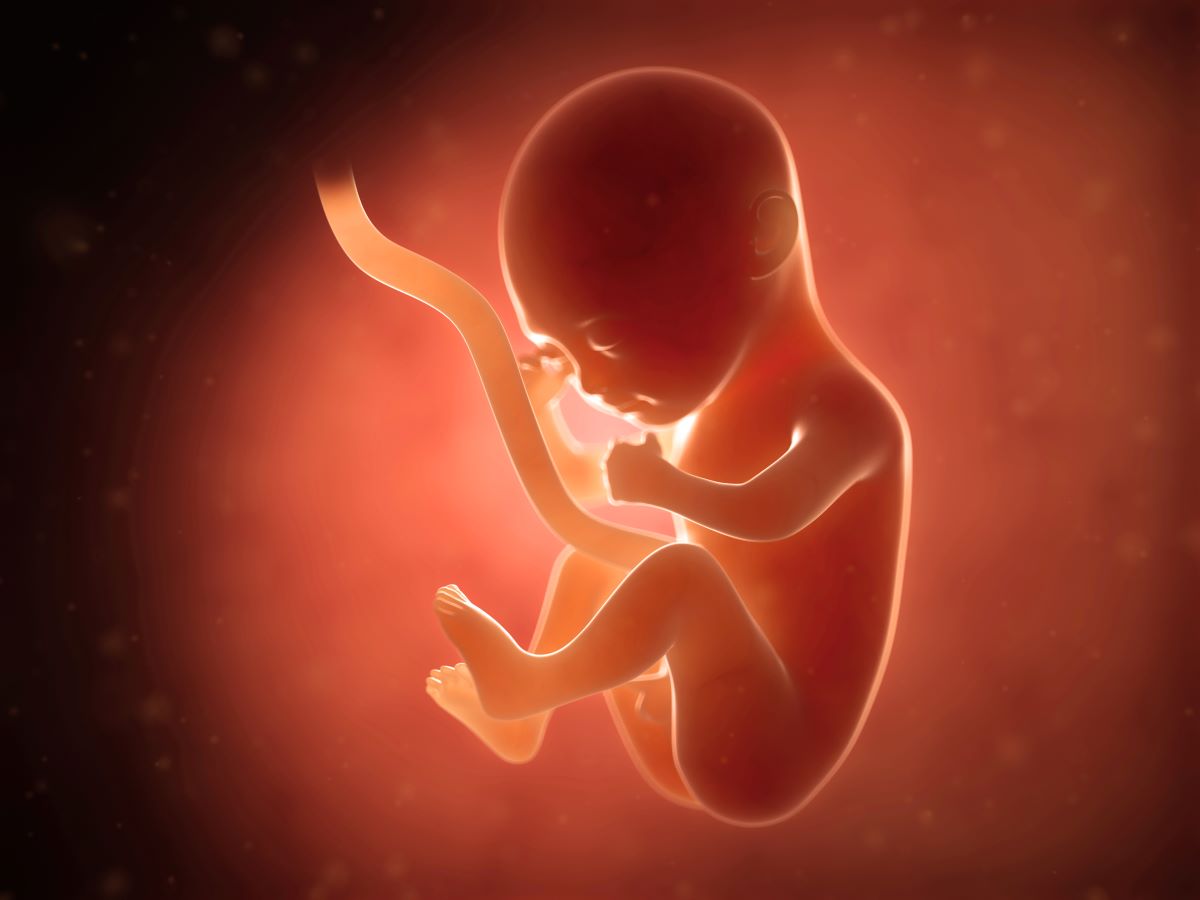


You should be pro-life. Everyone should be pro-life, and not only if they are Christians and see in the teachings of Holy Scripture how God defines life, or in church history that Christians have long opposed abortion. The more we are able to look into the womb and the more we know about embryology, the more we know that every single embryo is a whole, distinct, valuable human life.
But many people, even those who are pro-life, are unprepared to answer the very common questions we face in this cultural moment about abortion. But we should be prepared for two reasons. First, the answers are out there. Second, lives are literally in the balance.
Your hypothetical friend’s non-hypothetical question is the topic of the latest “What Would You Say?” video. This new series from the Colson Center equips people to answer the tough questions we face in our culture about life, marriage, sexuality, apologetics, and other faith topics with both clarity and conviction.
Here’s a segment of a recent video. Pro-life apologist Stephanie Gray offers a “What Would You Say?” response to the question of whether an embryo is a person:
Before we can decide whether an embryo is a person, we have to ask what makes anyone a person. Here are a few things to remember.
Our personhood does not depend on our abilities.
Some are hesitant to recognize embryos as persons because they don’t function in the same way that fully developed people often do. For example, embryos can’t think or talk. But neither can someone under anesthetic, someone in a coma, or someone who is asleep. Newborns can’t think or talk the way adults can. Are they still people? Even adults vary in their ability to think and talk. What we can do does not make us who we are.
Our personhood does not depend on our age.
The argument that embryos aren’t “fully persons” assumes that our age determines our personhood. But does that make sense? If we have to be old enough to do certain things or look a certain way before we are “persons,” do we lose our personhood once we are too old to do things? I certainly hope not.
In times past, some humans with lighter skin denied the personhood of those with darker skin. Everyone rightly recognizes how wrong that is. But if some humans shouldn’t dismiss the personhood of others because of the color of their skin, neither should humans who are older have a right to deny personhood to those who are younger.
If it’s not age or ability that makes us a person, what does?
Our personhood comes from our nature.
To determine what something is, it is helpful to consider its nature, not just its current abilities. It is the nature of birds to fly. If they are too young or injured to do what most birds do, that does not make them less of a bird. While neither an embryo, an infant, or a severely disabled person may be able to think or talk the way we can, the capacity to do so is part of their nature, even if that capacity is undeveloped or impaired. This is why we protect the offspring of endangered animals in the same way we protect their parents. As humans, our shared nature, regardless of our abilities, appearance, or age, gives us equal value.
Stephanie goes on to summarize the points she’s made so that, just like with every other “What Would You Say?” video, you will walk away fully equipped to answer a tough question in an understandable, trustworthy, memorable, and most importantly, useable way.
Come to WhatWouldYouSay.org. And while you are there, be sure to subscribe to be updated every time we release a new answer to a new tough question.
Topics
Abortion
Apologetics
Christian Living
Christian Worldview
Colson_Links
Culture/Institutions
Education
Ethics
Health & Science
Pro-life
Religion & Society
Sexual Ethics
What Would You Say?
Worldview
Have a Follow-up Question?
Up
Next

Related Content

© Copyright 2020, All Rights Reserved.













